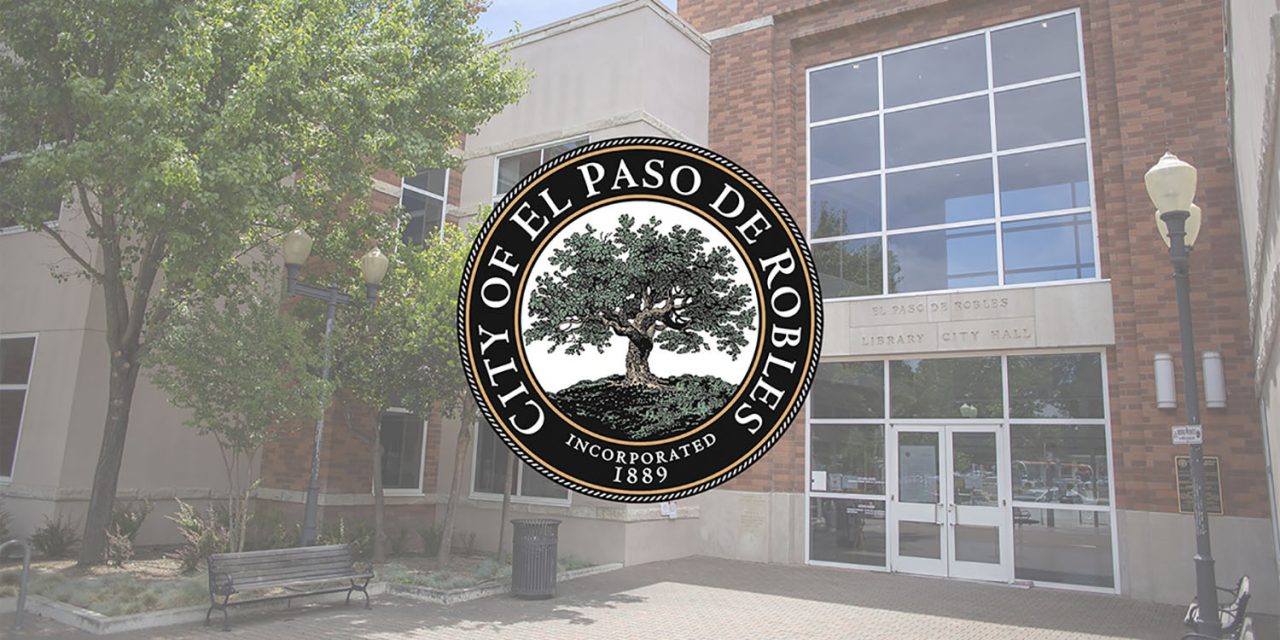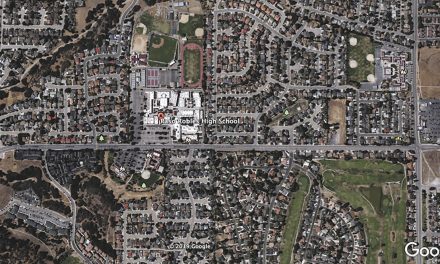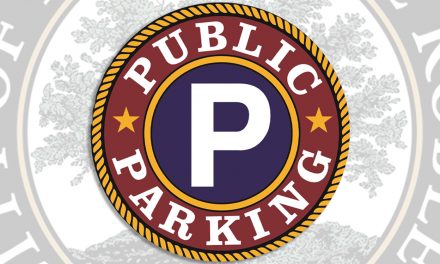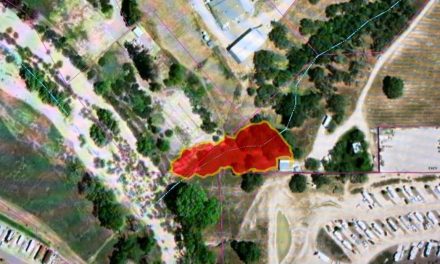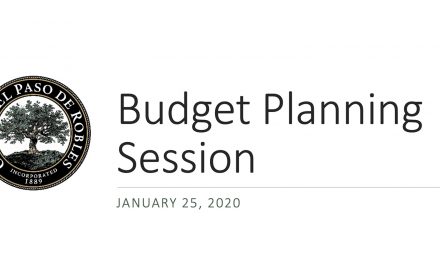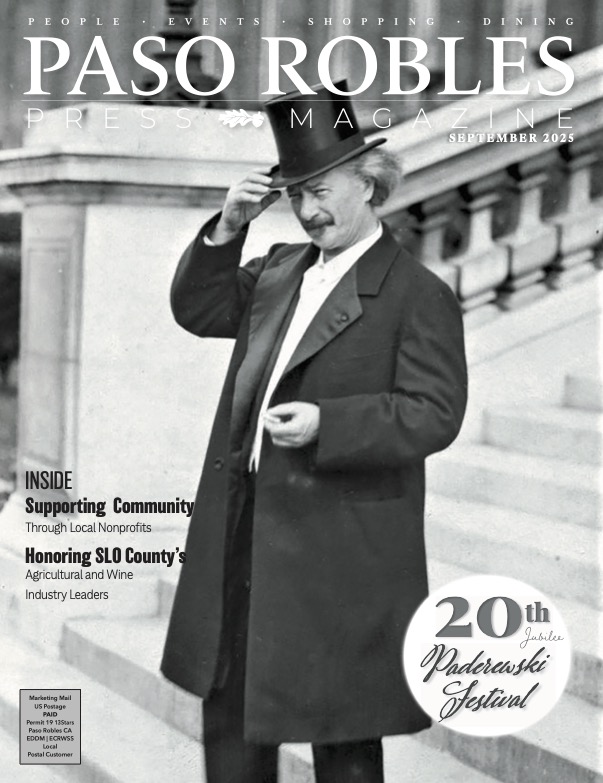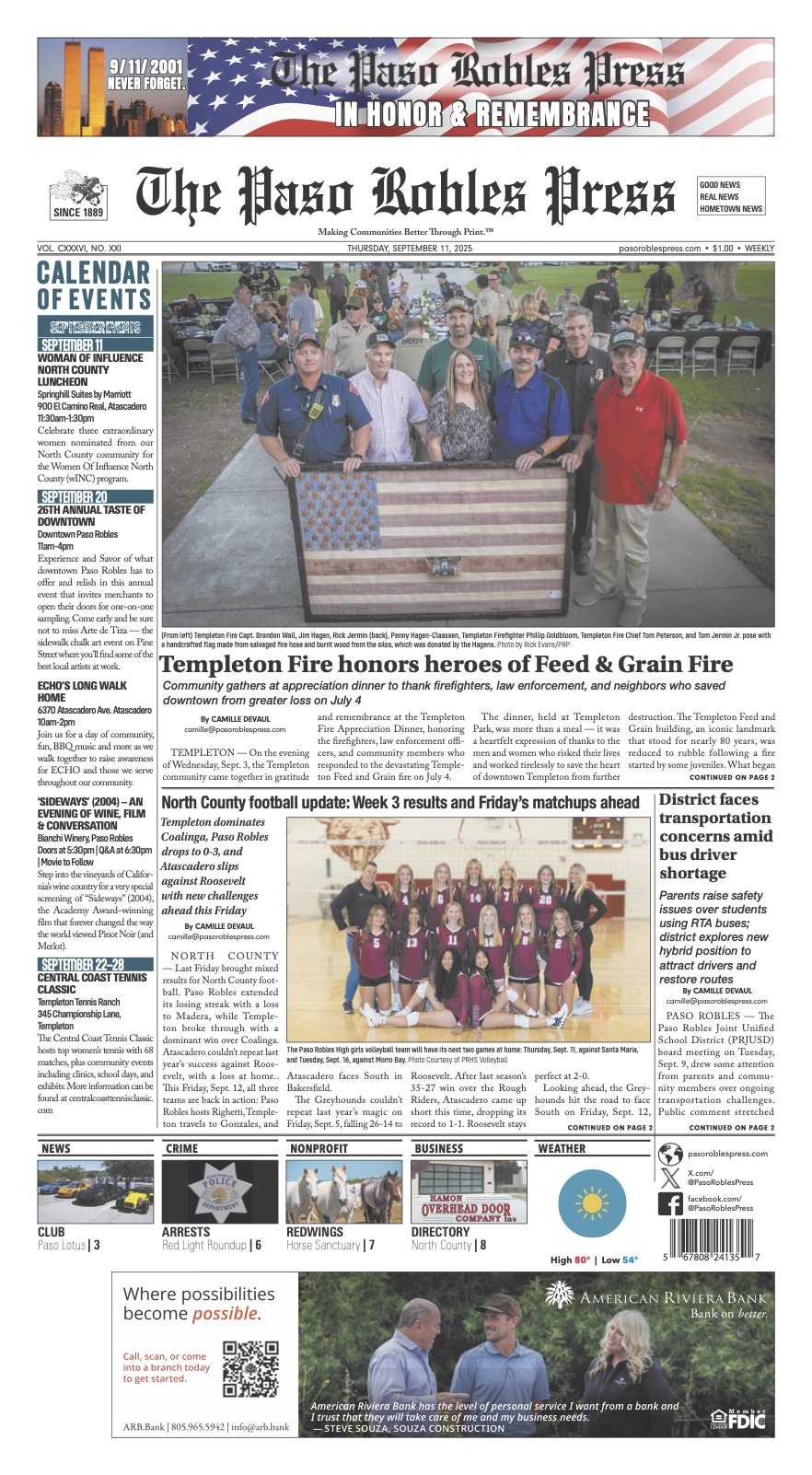Questions arise over parking lot ownership as city considers ending employee permit program in January
PASO ROBLES — The Paso Robles City Council is reevaluating the Downtown Employee Parking Lot Program and looking for local downtown business owners to share their opinions on it. During the Tuesday, Dec. 3, City Council meeting, the first reading was given, providing some options on the program — however, some questions were also raised on some of the parking lot ownership and authority.
In 2018, the city created the Downtown Employee Permit Parking Pilot Program to provide a low-cost parking option for downtown business owners and employees.
The 98 parking spaces reside in the employee permit parking lots located at Spring Street and 12th Street; 12th Street, adjacent to Marv’s Pizza; Alley between Pine Street and Railroad Street; 13th Street and 12th Street; and 12th Street and Railroad Street. Initially, the program was created to prevent downtown business employees from parking on the street and leave those for customers. This was the city’s first attempt at managing parking downtown, and soon, the downtown paid parking program was installed.
Currently, downtown employees have the option to purchase monthly or annual parking permits, either individually or in bulk. Annual permits are prorated and cost $5 per month. There are also 35 spaces throughout downtown designated for 30-minute short-term parking for customers.
In May 2024, the city ended the paid, on-street parking program but kept the 30-minute spots throughout downtown. During the Aug. 20 City Council meeting, staff was directed to review the employee parking lot program.
While staff recommended that council approve the dissolution of the employee parking program, they provided two other options.
Staff proposed a Low-Cost Decal Program to manage employee parking without adding staff. Utilizing Data Ticket, a service provider handling permit issuance, renewals, and employment verification, the program would minimize city involvement. With the 98 parking spaces, it anticipates selling 150 permits annually at $30 each, generating $4,500 in revenue. The annual program costs a total of $9,500, with the general fund subsidizing the about $5,000 shortfall, excluding enforcement and administrative expenses. Businesses and individuals could apply online, submittingemployment verification. Minimal changes to parking lot signage would be required. The program replaces the current system while reducing employee parking rates by 50 percent.
The Employee Permit Parking Program currently struggles with enforcement due to limited staffing and complaint-driven oversight. To improve enforcement, staff says the city could hire a part-time employee at $27,900 annually, working 20 hours weekly, though this would only partially address needs. A full-time employee, costing $122,400 annually, could provide broader coverage and program management but would require additional oversight.
According to staff’s report, the city owns all four of the designated employee parking lots.
City’s staff report reads:
The four designated employee parking lots are owned by the City. Based on an exhaustive review of available property title reports, there are no restrictions placed on the use of these lots. Title reports for all four lots were conducted, and no legal constraints were identified, confirming that the City has full authority over their use and management. These lots were originally acquired and maintained by the City prior to the establishment of the Business Improvement District (BID) or the assessments that downtown businesses now remit to support the Main Street Association. The lots were not initially part of the BID or any specific revenue-generating program. Given that these parking spaces are owned outright by the City and have no restrictions on their use, they are fully under the City’s discretion for any future changes in policy or management.
However, Councilmember Chris Bausch raised a question on whether the city does own the parking lots.
“These lots were originally acquired and maintained by the city prior to the establishment of the Business Improvement District (BID). I talked to a couple of people and obtained some documentation that might call that into question,” said Bausch, who said he also looked into the preliminary title reports that are all sealed due to being dormant.
Bausch explained that the city needs to look further back into those sealed reports, referring to the copy of a letter he received. Paso Robles Press also received a copy of the letter, dated July 7, 1989, from the Business Improvement Association (District) to the then City Manager Jerry Bankston. The letter was signed by Jeff Orcutt of the Paso Robles BIA. During the meeting, the city confirmed that they had not come across any letters from the BIA or the city.
“The reason I am bringing this up [is] there seems to be some acknowledgment that the BIA was, in fact, taxed for this acquisition,” said Bausch. “I’m bringing this and entering it into the record to make sure that when it comes back for the second reading, we have had a chance to find those records and make sure that we have considered those so that we do make a valid and full consideration of all the facts and not just some.”
According to the letter, BIA requested clarification and action regarding downtown Paso Robles parking lot maintenance costs. The BIA seeked to allocate assessment district funds primarily to promotional activities managed by the Main Street program. The board believed the City agreed to assume responsibility for parking lot maintenance and reaffirmed its request to be relieved of the financial obligation. They request an itemized list of maintenance costs charged to the district.
City Attorney Elizabeth Hull responded to Bausch, saying that they pulled and reviewed title reports for the parcels and grant deeds that show city ownership depending on the lot. Bausch requested Hull share those documents.
Councilmember Steve Gregory said he was not opposed to having another public meeting about the parking to give business owners another chance to express their opinions on what should happen with the parking program.
“I agree with the conclusions of the report, but I think it’s really important to talk to everybody,” said Gregory.
Councilmember Fred Strong made the motion to approve staff’s recommendation to “not pursue the low-cost employee parking lot program and to eliminate the employee parking lot program as of Jan. 1, 2025, and to Introduce by First Reading by Title Only of an Ordinance Amending Paso Robles Municipal Code Chapter 12.44.010 Regarding Employee Parking Permits.”
The motion was unanimously approved for a second reading by the board. The item will return for a second reading at the next City Council meeting scheduled for Tuesday, Dec. 17.

